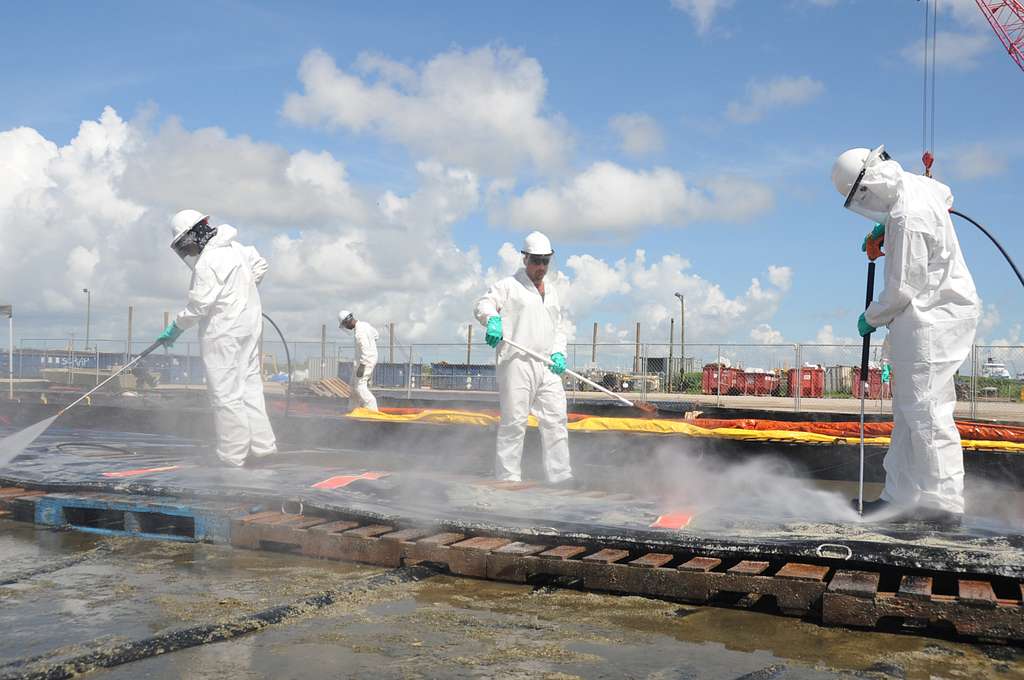Oil Spills Can Create Jobs

Table of Contents
LLM-generated code is like an oil spill. Real engineers will be there to mop up the mess - and collect the checks.

Workers clean up LLM slop. Source: US Coast Guard1
The job outlook is not so bad
In 2010, after the BP's oil rig Deepwater Horizons dumped 3 billion barrels of oil into the Gulf of Mexico 2, at least $20B of BP's purse was redistributed to a massive mobilization of cleanup efforts. By 2014, this had resulted in a net increase in employment and wages in Louisiana, contrary to predictions of economic loss 3.
Last week, a reddit user lit /r/ExperiencedDevs on fire with this post 4:
I’m a freelance software engineer...I have noticed a large increase in projects where they paid a ton of money for an internal software and it does not work well at all...most of the time, the people hiring me aren’t technical and don’t understand what the problem is...the code was obviously AI generated. -- kcib
In short, a software engineer noticed across a variety of his freelance projects that nontechnical decision makers are using AI to deploy buggy, unmaintainable apps. Then, they call in the calvary to fix the mess.
It stands to reason that to keep these systems in production, and with their reputations on the line, many decision makers will hire freelance or full-time software engineers to clean up their AI-generated mess. If this is a widespread pattern, the job outlook for devs may be brighter than one would conclude merely from recent big tech layoffs and boardroom-promulgated narratives about AI replacing tech laborers.
The Internet is a shared ecosystem
Even though this oil spill created jobs, we shouldn't encourage them. BP's damage to the Gulf ecosystem is deep and unfathomable.
Similarly, we all inhabit the waters and shores of a shared ecosystem called the internet. Low-quality information is the oil of the internet. When people pollute the information space with the unrefined output of LLMs, it spreads and lingers, degrading everyone's quality of life.
You don't have to be altruistic. BP lost reputation, and on the internet, reputation is money. Reputation and quality information bring traffic, the lifeblood of companies. That's one reason many subreddits and other online communities disallow LLM-generated content. These communities know their value is connecting with real people.
The same goes for publications. I can't tell you how fast I hit the back button when I sense an article was written by an LLM. It feels impersonal, and my trust is broken. My thinking goes: if it wasn't worth the author's time to write, it isn't worth my time to read.
The issue with an oil spill isn't that the oil isn't valuable. The issue is where the oil is, which renders it both useless and damaging to the place it ends up.